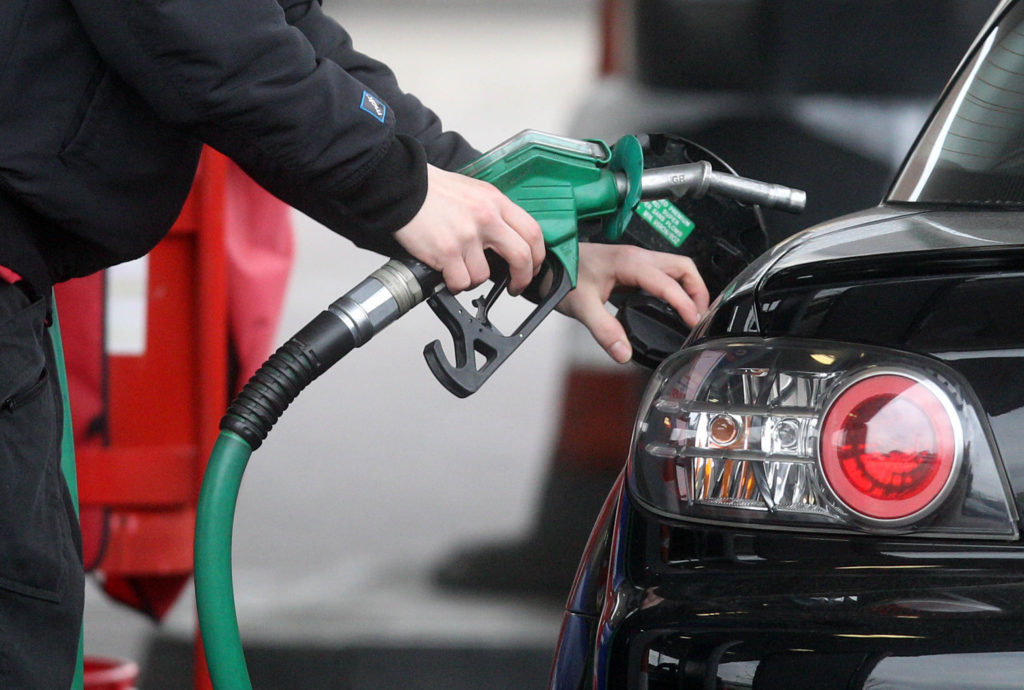
Inflation fell in November as lower petrol prices eased pressure on UK household finances.
Figures from the Office for National Statistics (ONS) show the Consumer Prices Index (CPI) fell to 2.3%, compared with 2.4% in October.
The decline matches the expectations of economists, who had predicted a rate of 2.3% due to the drop in fuel prices.
Mike Hardie, head of inflation at the ONS, said: “Inflation was little changed as falling petrol prices, thanks to a substantial drop in the cost of crude oil, were offset by rises in tobacco prices following the duty changes announced in the Budget.”
The pound was largely unmoved by the data, trading flat versus the US dollar at 1.26. Against the euro, sterling was down 0.3% on the day at 1.10.
At the pumps, motorists had lower fuel costs last month, with petrol down by 2.6p per litre on the month to 128.1p.
Diesel rose slightly by 0.4p to 136.5p.
Price tags fell on a range of recreational and cultural goods and services.
Cultural services, a category which includes theatre tickets, was 1.3% lower compared with the previous month.
Consumers also paid less for media-playing equipment such as televisions, CD players and DVD players, dropping 2.4%.
Transport was cheaper overall, driven by a significant drop in prices for flights. Passenger air transport costs fell 12.1%.
However there was a 0.8% increase in rail fares, and journeys by ferry were 4.4% higher.
The largest upward contribution to CPI was made by higher tobacco prices after duty changes announced in Philip Hammond’s Budget.
Tobacco prices were 3.4% higher in November compared with October.
Accommodation services costs ticked up, rising 1.5% on the month.
The Retail Prices Index (RPI), a separate measure of inflation, was 3.2%, down from 3.3% in October.
The CPI including owner-occupiers’ housing costs (CPIH) – the ONS’s preferred measure of inflation – was 2.2% in November, unchanged from October.
